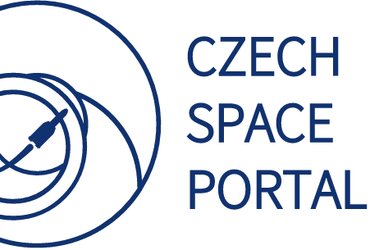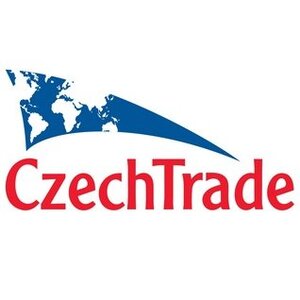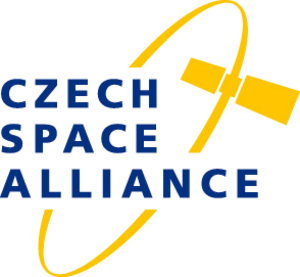Na cestu se vydalo 200 nových start-upů
Když přijde na inovace, pak nebe skutečně není hranicí – ESA právě oslavila dvoustou novou start-upovou firmu, která prošla skrze inkubační střediska BIC (Business Incubation Centres).
Ať jde o rychlé zmapování katastrofami zasažených oblastí pomocí crowdsourcingu, nabízení chytrých dopravních řešení, alternativní nakládání s energií nebo vylepšení výrobních technologií, tyto start-upy mají přínos pro lokální ekonomiky a zároveň propagují využití kosmické techniky v ryze pozemských aplikacích.
Všechny tyto start-upy, které se probudily k životu na půdě inkubačních středisek ESA BIC mají přitom společného jmenovatele: inovace.

„Znalosti a technologie, které jsou dostupné v našich kosmických programech, jsou zcela otevřené pro podnikatele a společně s ESA, která investuje do těchto výborných nápadů, máme jistotu, že naše technologie to dotáhne skutečně daleko,“ uvádí ředitel technického řízení a kvality v ESA Franco Ongaro.
„Musíme podporovat evropskou konkurenceschopnost a stejně tak pokračovat v globálním myšlení, ale lokálním investování. Inovace skrze kosmické technologie znamená, že investujeme do našeho nejdůležitějšího zdroje – do planety Země.“
Během dvouleté inkubační doby, kdy nacházejí podporu ve střediscích ESA, získávají start-upy finanční a technickou podporu. Díky tomu se z nich stávají zralé firmy, na trh přichází nové produkty a do regionů nová pracovní místa.

The new tool for pilots, SkyLiberty from Belgium, is one example of an ESA-supported start-up, developing a useful app for preparing flight paths quickly, taking into account all aircraft types, weather, airspace situations and airport factors. The app provides a greater accuracy and efficiency for small aircraft flight planning.
From the Netherlands, a computer game has been developed with a serious application: helping rescue workers when they enter disaster-stricken areas. The Cerberus game, developed by an ESA BIC Noordwijk start-up, combines input from thousands of users through crowdsourcing techniques to quickly generate a detailed situation map ofanarea based on satellite data from ESA.

In Germany, the revolutionary AppJobber smartphone app became a hit by providing a smart system to monitor hundreds of Deutsche Bahn’s railway stations – not by company-employed inspectors, but rather by regular commuters, providing situation reports and earning money as they go about their normal days.
By allowing this satnav-based app from a start-up in ESA BIC Darmstadt to do their routine monitoring, companies in five countries now save time and money, and also reduce their carbon footprints.

“We started to prepare the operations of the business incubation initiative in 2000 with our first centre here in the Netherlands because we believed that the leading-edge technologies we developed for Europe's space programmes can provide innovative solutions here on Earth,” says Bruno Naulais, ESA BICs manager at ESA's Technology Transfer Programme Office.
“The ESA BIC welcomes innovative entrepreneurs, supporting them through their initial phase of getting started and mature their space technology spin-offs to new terrestrial solutions. Since the first incubatee selected in late 2003, we just crossed the mark of 200 new companies, which means thousand of jobs across Europe.”
Part of ESA Technology Transfer Programme, the eight operating ESA BICs across Europe are based in the Netherlands, Germany (Bavaria and Darmstadt), Italy, UK, Belgium (Redu and Flanders) as well as the most recent one in southern France. By the end of 2013, a ninth centre will be launched in Barcelona, Spain.








